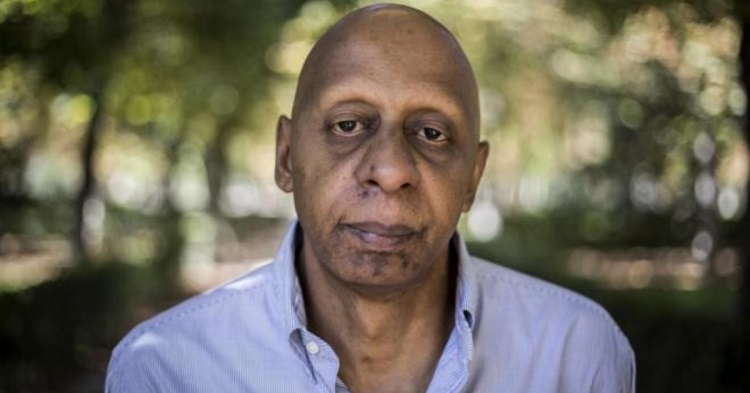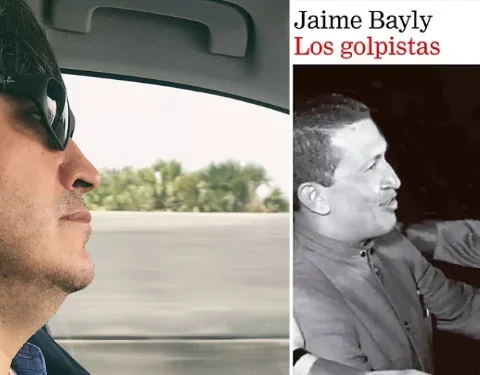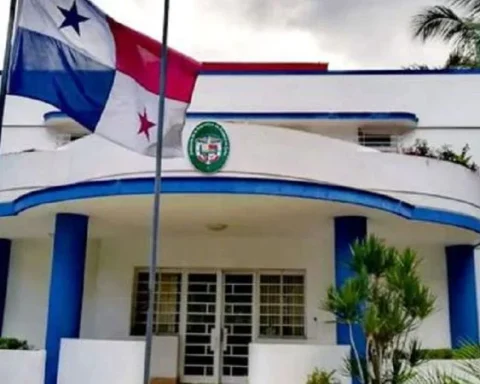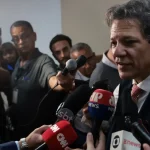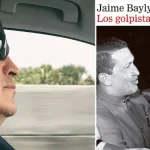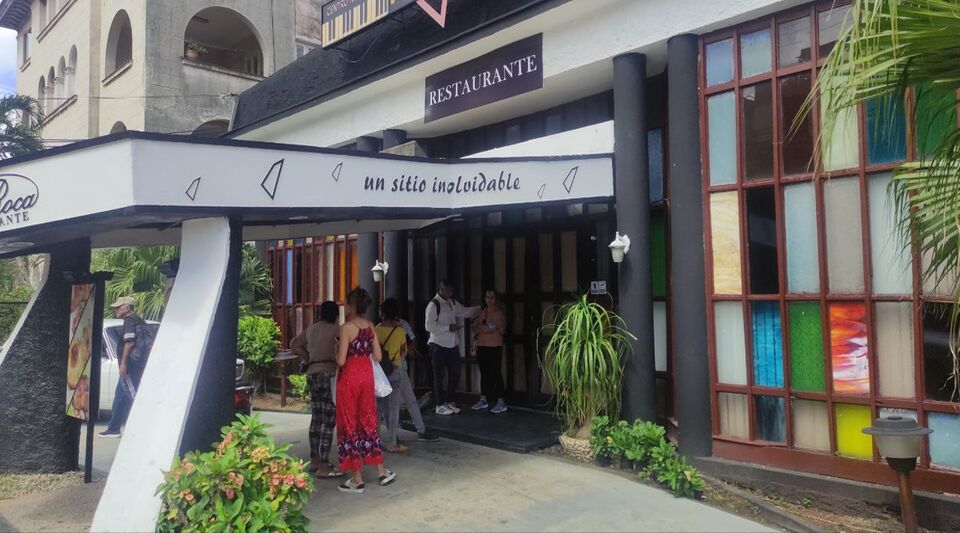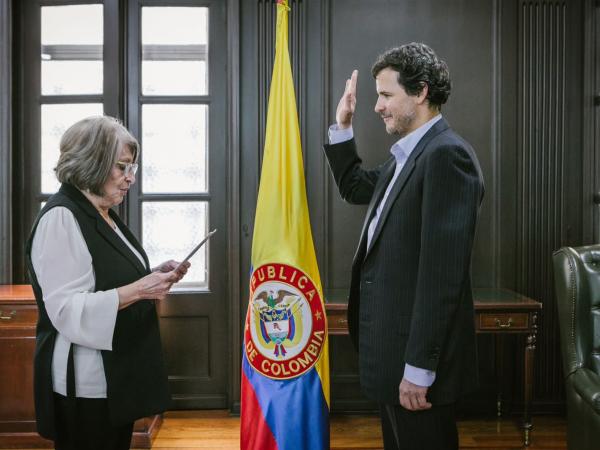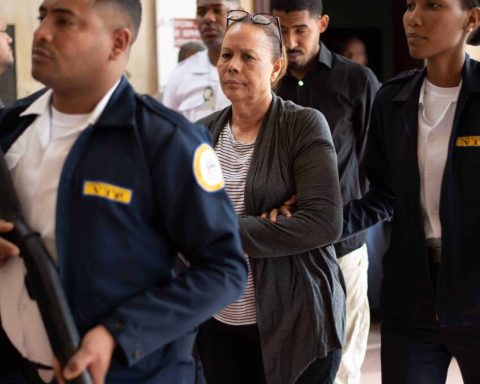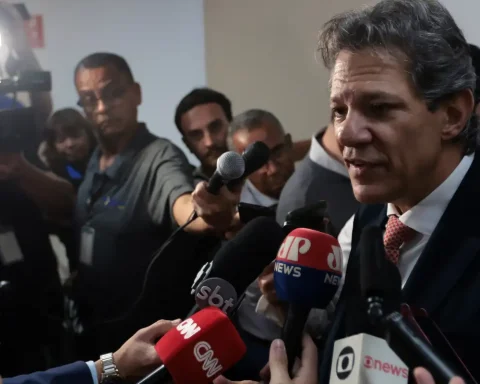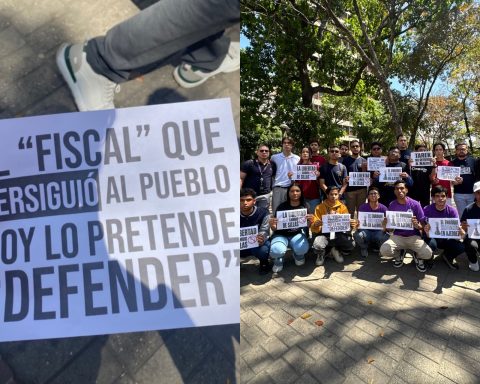Havana Cuba. — On this occasion I have decided to write about who is, without hesitation, one of the most outstanding opposition leaders in Cuba —in fact, I consider that he is the most important of those who are not behind bars right now, although they are in a kind of of municipal home confinement. And I am referring to the Santa Clara psychologist Guillermo Fariñas Hernández.
This is the same person who is often known by an unusual nickname: The coconut. The very origin of this alias deserves to be recounted: as fate would have it, in his family of proud Afro-descendants, the now anti-Castro leader was the least dark-skinned among all his peers. Hence the funny nickname, which first had a purely family character; later he was adopted by neighbors and friends, and today he is known by the whole town.
Many have been the protest actions carried out by Fariñas. Among them, of course, stand out the hunger strikes (and also thirst) that she staged for years and that represent the most characteristic feature of her previous public performance. One of these was particularly important, since it constituted the prologue to the process of liberating citizens arbitrarily imprisoned during what has justly been called the Cuban Black Spring.
In recent years, the patriotic work of the Coconut it has been losing the unipersonal character that, by definition, characterizes solitary fasts. That activity has shifted to focus on the United Anti-Totalitarian Forum (FANTU), the large and combative anti-Castro organization of national scope that he, from the city of Marta Abréu and Leoncio Vidal (not Ernesto Guevara from Rosario), heads with the title of General Coordinator.
However, in this journalistic work I wish to focus not on the political activities of the Villareño leader. Any Cuban democrat who is interested in the struggles against communist totalitarianism can get to know them in detail, as they receive excellent coverage in the independent press. Here I want to address another facet of his multifaceted personality: that of a writer.
It is the case that Fariñas Hernández —and this detail is not so well known— is the author of three books. The first of them dates from 2011 and belongs to the essay genre. carry by title Radiography of fears in Cuba. As its name suggests, the author, when writing it, applied to that subject the knowledge acquired in his university studies; in particular, those of Social Psychology.
A few years later —in 2014— he published his first novel: the abyss inside. It is a work centered on the military adventure unleashed by Fidel Castro in Angola. Of course, it reflects personal experiences of his own Coconut in his time as a combatant in the distant African country. This has given him arguments to respond to the lying accusations of alleged mercenarism that the Castro government usually lavishes on anyone who confronts him: “Yes, I was a mercenary —says Fariñas—; in Angola, because there I received monetary gains for fighting in another country in favor of a foreign government”.
A few months ago the second novel of our character was published: Living Men’s Cemetery, for sale on Amazon. The autobiographical element is also present here: the oxymoron of the title constitutes a clear allusion to the Castro prisons, in which, due to his firm anti-establishment position, the psychologist from Santa Clara has been forced to remain for several seasons.
At this point, I can only deplore my ignorance in literary matters. I am an inveterate reader, but I am aware of one thing: that circumstance alone is not enough to qualify me (or me or anyone else) as a critic of novels. And I think that the new work published by Fariñas this year is well worth a review.
I will devote a single paragraph to issuing some very brief criteria on Living Men’s Cemetery. And excuse me readers for that kind of intrusiveness. If I think there is something that stands out in the novel, it is its passionate, vibrant, heartbreaking character. It is seen that the author reflects his terrible experiences of those branches of horror that are Castro’s prisons. I ask myself one last question: Perhaps it would have been preferable to publish that work as a book of stories and not as a novel?
But I insist that I do not feel capable of reviewing this most recent creation of the founder of FANTU nor do I intend to do so. What I am interested in highlighting is the very fact of a political leader endowed with literary concerns, materialized first in a book of essays and later in a couple of published novels. This is a reality that is not usual on our Island.
For example, similar examples are conspicuous by their absence among the hierarchs of Castroism. The only one with any artistic work worth mentioning is the late Commander Juan Almeida. In my modest opinion, the songs he composed have no little merit, but, of course, his reduced lyrics cannot be compared with works whose length is measured in books.
But it is appropriate to point out that literary concerns were not unusual among the many compatriots who under the democratic republic (and unlike what has happened for 63 years and until today) occupied the first magistracy of the country by the free vote of their fellow citizens ( In the colonial era of course we have the great Martí, but that is a separate universe).
In fact, only one of our democratic presidents can be highlighted in this regard: I am referring to Alfredo Zayas Alfonso, tenant of the Havana executive residence between 1921 and 1925. The Chinese, as his compatriots of the time affectionately called him, also had a very active literary life. Among his works stands out the Antillean lexicographyan essential reference work on the aboriginal voices used in Cuba and other islands in its geographical environment.
I believe, then, that we democrats who oppose the Castro regime should legitimately feel proud to have, among our most outstanding leaders, one like the Coconut Fariñas, who is not only a political and social leader, but also a man of letters.
Receive information from CubaNet on your cell phone through WhatsApp. Send us a message with the word “CUBA” on the phone +525545038831, You can also subscribe to our electronic newsletter by giving click here.
